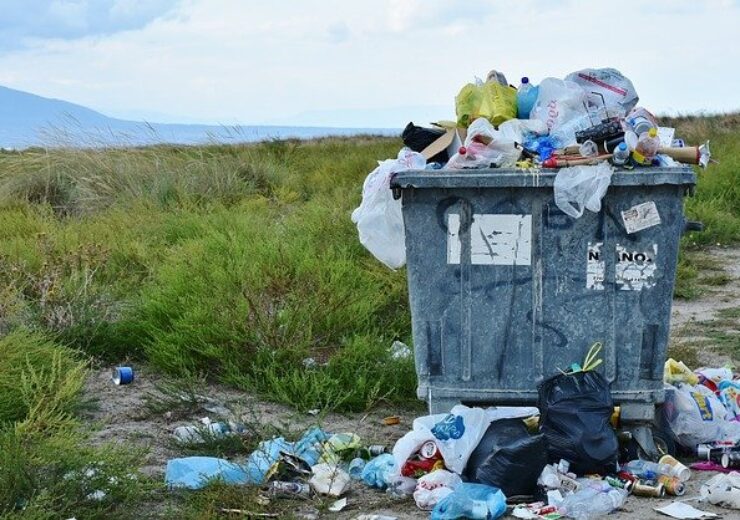Borealis Closes The Loop sees Borealis and its value-chain partners replace the 1.5 million single-use cups used annually at four of its Belgium sites with 30,000 reusable EcoCore cups

Borealis Closes The Loop pilot project in Belgium. (Credit: RitaE from Pixabay)
Borealis is spearheading an innovative new pilot to test the advantages of a double-closed loop reuse and recycling system, leading the transition towards a more circular economy of plastics, fully in line with its ambition. Borealis Closes The Loop sees Borealis and its value-chain partners replace the 1.5 million single-use cups used annually at four of its Belgium sites with 30,000 reusable EcoCore cups. Part of Borealis’ mission to Reduce – Reuse – Recycle, the pilot first reduces the weight of plastics through these extremely lightweight cups, then reuses them to maximise their lifetime before seeking to recycle back into cups. This double-closed loop system is Borealis’ latest innovation in driving the circular economy of plastics, expanding their scope up the waste hierarchy towards reduce and reuse, and using their own sites to demonstrate the benefits.
Double-closed loop recycling has the power to transform sustainability practices
Many reuse initiatives today focus on the consumer, for example reusable cup schemes run by high-street coffee shops. Schemes like this can have a relatively low uptake as the burden is on the consumer to decide whether or not they reuse a cup. In the business environment, reuse schemes are less prevalent and there is widespread consumption of single-use plastic cups. By using a double-closed loop, the pilot aims to make reuse schemes more sustainable and economically viable. Replacing 1.5 million single-use cups with 30,000 reusable cups, weighing 15 grammes per cup, results in a material saving of 4.2 tons of single-use plastic per year.
Borealis Closes The Loop pilot project works as follows:
Lightweight and durable EcoCore foamed cups from Bockatech – engineered to require less material, with faster cycle times to lower material costs, energy use and environmental impact – reduce the amount of plastic from the outset.
Produced locally by Miko Pac, the CO2 breakeven of these cups versus single use is only at two refills per day.
Using Miko Coffee Services machines, employees reuse the same cup throughout the day, eliminating on average four single-use consumptions. Cups are collected and washed by facilities company Goodless.
Cups are individually tagged with unique Radio Frequency Identification (RFID) chips so the reuse cycle of each cup can be traced. This digitalisation means the system can be further optimised, for example analysing how many cups have been used and potentially reducing the number in circulation.
When cups are removed from the reuse loop (for example due to wear and tear or damage), they move on to the material recycling loop.
The cups can then be mechanically recycled into food-approved recycled material, which can be used to create more reusable cups, thereby fully closing the loop. This is as opposed to open-loop recycling, where material is often downcycled into a lesser quality product.
Findings and learnings from the pilot will be captured, recorded and published to demonstrate how to design and set up robust reuse systems superior to single-use plastics. Borealis will support its customers and value-chain partners with the implementation of further closed-loop systems.
“As a leading polyolefins producer, Borealis takes a 360° approach in driving the transition to a circular economy in alignment with our EverMinds™ ambition. With design for circularity at its core, Borealis Closes The Loop pilot project adopts our principles of Reduce – Reuse – Recycle,” says Lucrèce Foufopoulos, Borealis Executive Vice President Polyolefins, Circular Economy Solutions and Innovation & Technology. “Life demands progress. It’s only by walking the talk that we can inspire the entire value-chain to close loops with us. As an industry, it’s critical we take ownership of where plastics end up. The double closed-loop system is another development in reducing the amount of plastics waste. This is how we re-invent for more sustainable living.”
Source: Company Press Release
